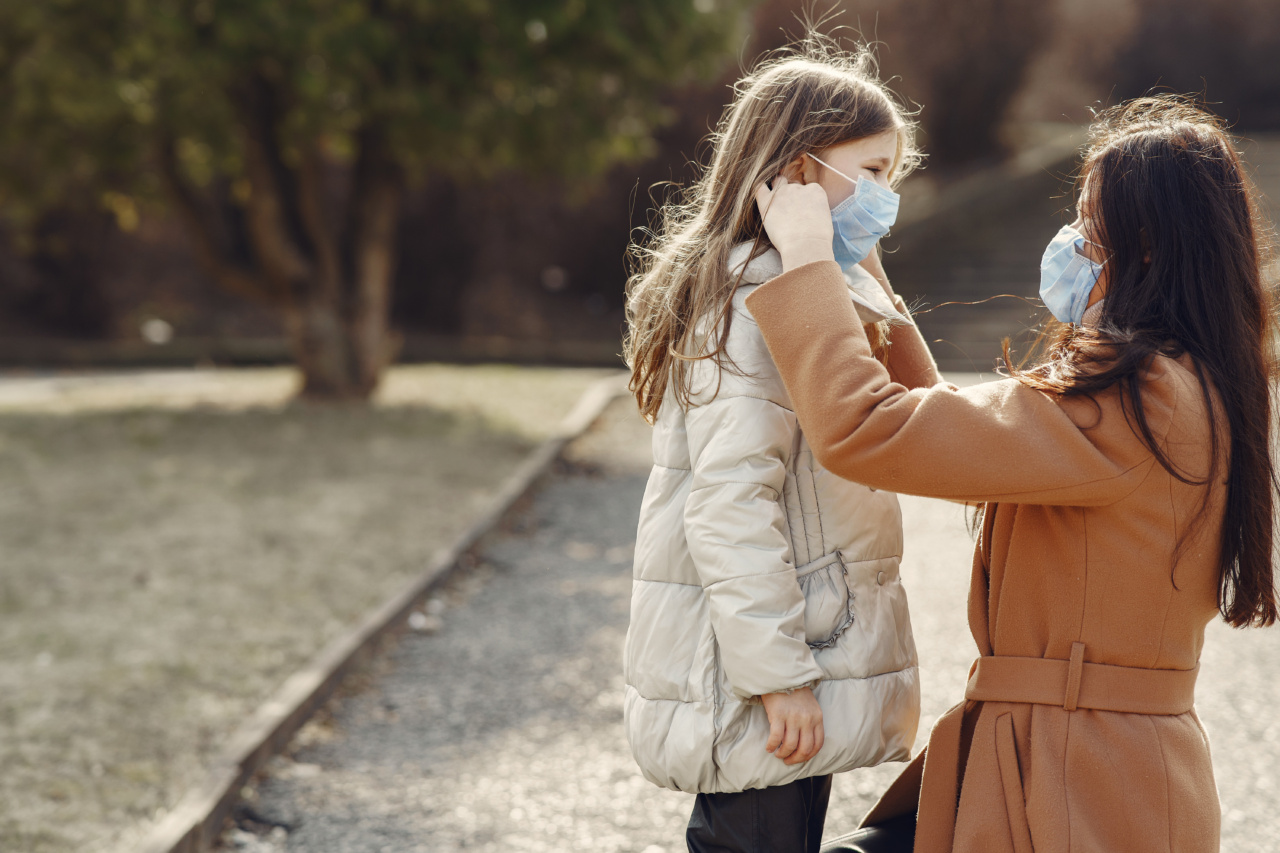Winter is a season that brings about a rise in the number of illnesses related to cold weather. Children are more susceptible to these illnesses due to their immature immune systems.
Parents and caregivers must take extra care to protect the children under their care. The aim of this article is to inform parents and caregivers of the common cold weather viruses that affect children, their symptoms, prevention measures and treatment.
Common Cold Weather Viruses
The common viruses that cause cold weather illnesses are:.
Influenza Virus
Influenza is a viral illness that causes flu, which can be severe or mild. Flu symptoms include fever, chills, coughing, fatigue, headaches, and muscle aches.
The flu virus spreads through airborne droplets that are released when an infected person speaks, coughs or sneezes.
Respiratory Syncytial Virus (RSV)
RSV is a common virus that causes respiratory illnesses in children. The virus attacks the lungs and respiratory system, causing coughing, wheezing, fever, and difficulty in breathing.
RSV spreads through contact with an infected person’s secretions, such as mucus or saliva, or from touching contaminated surfaces.
Adenovirus
Adenovirus is a common cause of upper respiratory tract infections in children. Symptoms include coughing, fever, sore throat, runny nose, and conjunctivitis.
Adenovirus spreads through respiratory droplets released from an infected person’s nose or mouth.
Norovirus
Norovirus is a highly contagious virus that causes viral gastroenteritis. Symptoms include nausea, vomiting, diarrhea, stomach cramps, and fever.
Norovirus spreads through contaminated food or water, or contact with an infected person’s vomit or stool.
Prevention Measures
Preventing cold weather viruses is the most effective way to keep children healthy. The following are some prevention measures:.
Wash Hands Properly and Frequently
Teach children the importance of washing their hands properly and frequently. Use warm water, soap, and scrub the hands for at least 20 seconds.
Covering Mouth and Nose When Coughing or Sneezing
Encourage children to cover their mouths and nose when coughing or sneezing by using a tissue or their elbow. This helps to prevent the spread of germs.
Avoiding Contact with Sick People
Avoid contact with sick people, especially those with symptoms of the flu or other respiratory illnesses.
Cleaning and Disinfecting Surfaces
Use disinfectants to clean surfaces, especially in common areas such as playrooms, bathrooms, and kitchens.
Maintaining Good Hygiene Practices
Encourage children to maintain good hygiene practices such as avoiding touching their faces, especially their eyes, mouth, and nose.
Keeping Children Warm and Dry
Dress children in warm clothing appropriate for the weather. Keep them dry by changing their wet clothes promptly.
Treatment
If your child happens to catch a cold weather virus, the following are some treatment measures that can help:.
Rest and Plenty of Fluids
Allow your child to rest and drink plenty of fluids. This helps to keep them hydrated and aids in flushing out toxins.
Over-the-counter Medications
Over-the-counter medications such as pain relievers, antihistamines, and cough suppressants can help to relieve symptoms. However, it is important to consult a physician before giving any medication to a child.
Prescription Medications
If your child has a severe infection, a physician may prescribe antivirals, antibiotics, or other medications to treat the illness.
Inhalers or Nebulizers
If your child experiences difficulty in breathing, a physician may prescribe inhalers or nebulizers to help open up the airways and improve breathing.
Conclusion
Cold weather viruses can cause discomfort and affect a child’s quality of life. However, many of these illnesses can be prevented through simple hygiene practices and proper care.
If your child happens to catch one of these illnesses, it is important to seek medical attention promptly to prevent serious complications. Remember, prevention is always better than cure.






























